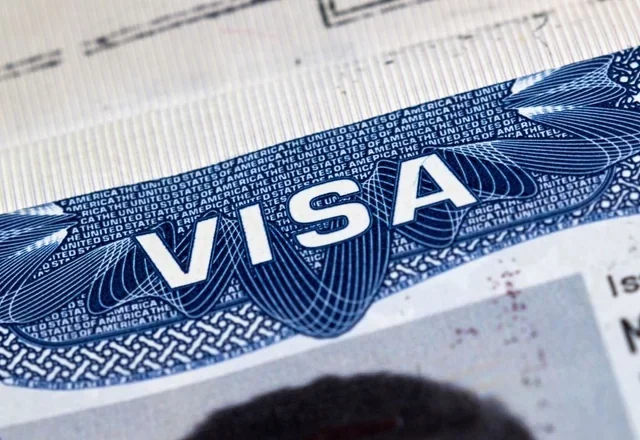The diplomatic missions of the United Kingdom, Canada, and Australia have jointly launched a new international initiative aimed at combating visa fraud, warning that increasingly sophisticated criminal networks are preying on vulnerable individuals seeking legitimate opportunities to travel, study, or work abroad.
The #FightingVisaFraud campaign, unveiled during International Fraud Awareness Week between 16 and 22 November, marked what officials described as an unprecedented level of cooperation among the three countries.
According to a joint statement issued on Monday, the initiative builds on outcomes from the Five Country Ministerial and reflects a shared commitment to tackling a global problem that costs victims millions of dollars annually and exposes them to significant risks.
The missions noted that fraudulent immigration facilitators continue to deceive applicants with false promises of guaranteed visas, unqualified job offers, and expedited processing in exchange for exorbitant fees.
Many of those defrauded, they noted, end up facing visa refusals, financial devastation, long-term travel bans, and in severe cases, trafficking and exploitation.
“Our countries have identified common patterns of visa fraud affecting their immigration systems,” the statement said.
“This coordinated campaign demonstrates the three countries’ commitment to protecting legitimate visa applicants while maintaining the integrity of their immigration systems and secure borders.”
British High Commissioner to Nigeria, Dr Richard Montgomery, said the human toll of visa fraud cannot be overstated.
“Visa fraud destroys dreams and devastates families. Criminal facilitators prey on people’s legitimate aspirations for a better life, stealing their money and putting them at risk of serious harm,” he warned.
Montgomery urged applicants to rely strictly on official channels, verify immigration advice, and report suspicious activity.
He said the UK welcomes genuine visa applications but stressed that those who attempt fraud face serious consequences, including 10-year travel bans.
Canadian High Commissioner Pasquale Salvaggio echoed the concerns, stressing that the effort is grounded in shared values and longstanding cooperation.
“Canada is committed to working with our international partners to combat visa fraud and protect people from exploitation. This campaign reflects our shared determination to maintain fair, secure immigration systems while supporting those who seek to travel, study, or work through legitimate pathways,” he said.
Officials from the three missions advised applicants to use only official government websites, ensure any immigration adviser is properly registered, and remain cautious of red flags such as unusually high fees, pressure to make quick payments, or offers that claim to bypass standard requirements.
“Be suspicious of guarantees,” the joint guidance stated. “No one can guarantee visa approval.”
The missions reiterated that consequences for visa fraud are severe, warning that applicants found using fraudulent means may face visa refusals, travel bans of up to 10 years, financial losses with no recourse, criminal charges in some jurisdictions, and heightened exposure to trafficking networks.
The statement added that immigration authorities across the three countries continue to work closely with law enforcement agencies to investigate and prosecute offenders.
It added that legitimate information is available on each country’s official website, including gov.uk for the United Kingdom and Canada.ca for Immigration, Refugees and Citizenship Canada.
It stressed that suspected fraud in the UK can be reported through Action Fraud, the national fraud-reporting centre. Campaign materials, including guidance and warning signs, assuring that such will be shared on the missions’ social media platforms.
While the campaign is coordinated internationally, the missions emphasised that each country will manage its own implementation according to national priorities.








